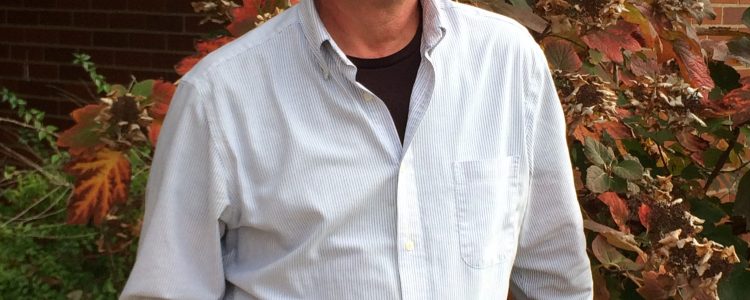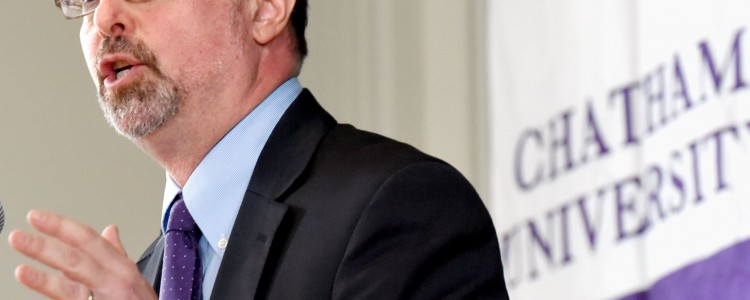By: Claire Rhode
This summer a new cat café will be opening in Pittsburgh. Cat cafes, which are popular in Japan and Taiwan, have been coming to American cities recently. They have a room for patrons to play with cats for just a few extra dollars and the Black Cat Market (a play on the infamous black market) has added an interesting twist: all of the cats are adoptable on the spot.
The cats are from the Humane Animal Rescue, and Baloch and Ciotoli are being trained by the rescue to be able to adopt them out, which means that it’s possible to walk into the café looking for some coffee and walk out with a cat. When Baloch first visited a cat café, she hadn’t really known to expect, but after realizing what it was she was hooked.
The owners, Indigo Baloch, ’17, c reative writing, and Olivia Ciotoli, a graduate of Point Park University, have been working together for a long time, and when they had the idea to open a cat café, they realized they could combine Baloch’s barista skills and Ciotoli’s business and marketing knowledge. Ciotoli owns two black cats, and they chose to honor them in the café’s name, as well as trying to bring awareness to the lower adoption rates of black cats.
They started a Kickstarter in 2016 and raised $20,000 to open before the Kickstarter’s time even ended. “It came together really well,” Baloch said. And would add that it was a “really good feeling” when they realized how much they had raised.
They’re hoping to open this summer, but have to first find a good place for the café. They have to make sure that their space is large enough to have a separate cat room, hopefully separated from where food and drinks are stored by at least two doors in order to avoid any risk of contamination.
The Black Cat Market won’t only be helping cats who need homes. They have partnered with several small local businesses as well. “We want to support others who are in the same position as we are, especially if their product is amazing, which all of the businesses we are partnering with, they really are,” Baloch said.
Their coffee comes from Grounds & Hounds Coffee Co., who will donate 20% of the proceeds back to the Humane Animal Rescue and their tea comes from Three Rivers Tea, which Baloch believes provides a connection back to the roots of cat cafes in Asia. They’ll also have vegan donuts on Mondays so you can start your week out right.
They’re also planning to invite in plenty of people for events, including Chatham students, as they hope their café can become a place for community-based activism events and student organizations to meet. Indigo is hoping that Chatham students feel welcome there. They want to live up to their motto, “Cats, Community, Coffee.”






